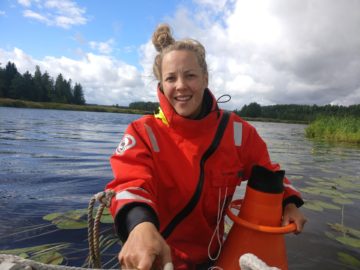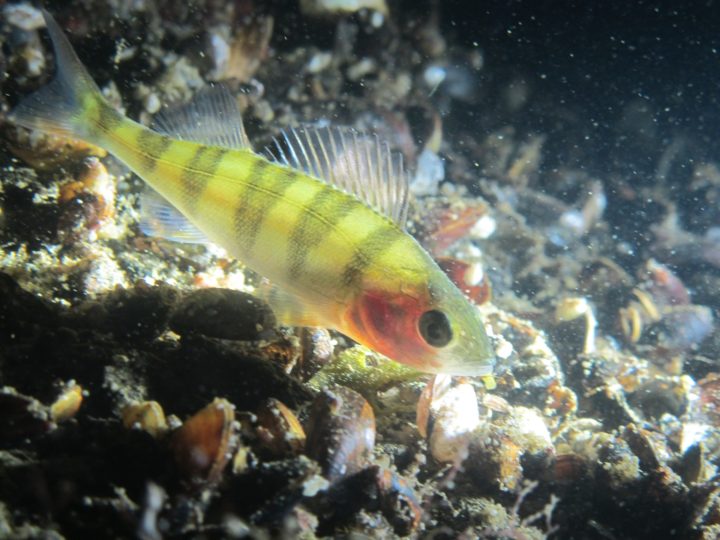Predicting the future of ecosystem services
We are all in connection with the Baltic Sea, one way or the other. The sea offers us many free benefits or ecosystems services, such as fish and recreational possibilities. Underwater species and plants also bind up carbon from the air. But will the Baltic Sea still be our service provider 100 years into the future?
The project ECOnnect studies how climate change affects the ecosystem services in the project area within the Gulf of Bothnia. Essi Lakso from Parks and Wildlife Finland works with this part of the project. According to Essi, ECOnnect examines ecosystem services extensively within the project area:
“By modeling the occurrence of different habitats in end-of-century climatic conditions, we are also able to assess the future locations of the areas that provide plenty ecosystem services. These areas can then be considered in the planning for marine areas. In addition, we aim to create an ecosystem service index, which helps us to measure the change in ecosystem services in different areas.”
Neutral, negative or positive future?
Depending on the ecosystem service, the future change can vary from positive to negative or be something in between. According to current estimates, we can expect an increase in fish farming on the Finnish side of the Gulf of Bothnia. According to experts, the fish fauna might also change. Cyprinids, perch, and pikeperch will benefit from the warming waters, whereas the conditions will deteriorate especially for salmon and whitefish. ECOnnect brings together the changes in different ecosystem services and thus aims to create a broader picture of the future changes. The project personnel have also found indicators that the regulation services of the sea might decline as a whole in the studied pilot areas due to climate change. The regulation services include, among other things, the maintenance of physical, chemical, and biological conditions as well as erosion regulation.
The ecosystem service package created in ECOnnect can be utilised widely within decision-making and local planning for marine areas. The final results will be completed in the autumn, and all the results will be presented for example at ECOnnect’s final seminar on the 28th of October 2021 – save the date!


